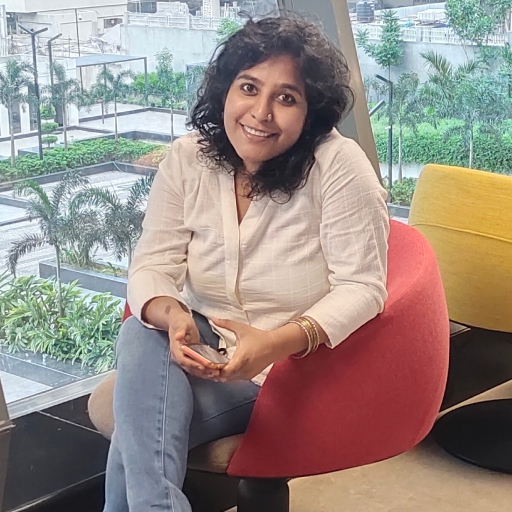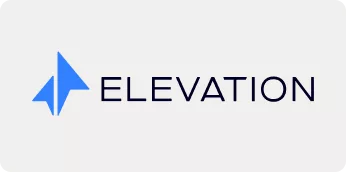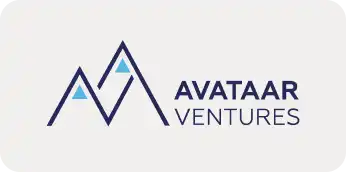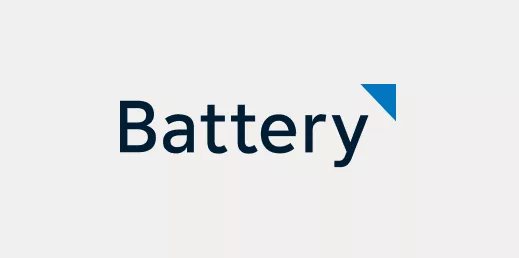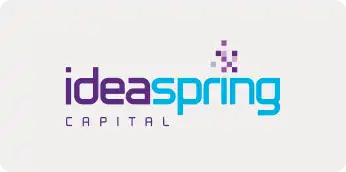
Welcome back, my friends! This is your month’s roundup of SaaS, AI, and SaaSBoomi insights: Adobe’s answer to the GenAI copyright question, generative video’s leap, SaaSBoomi’s AI-themed annual awards, AI co-pilots making dentists smile, and more.
But first the story of a tiny Caribbean island’s AI windfall.
AI’s unlikely winner: Anguilla
Anguilla has a unique claim to fame and riches in the age of AI. The Caribbean island’s internet domain name is .ai, like .in for India. This brought in $32 million last year, more than 10 percent of Anguilla’s GDP, from companies registering web addresses that end in .ai.
“Some people call it a windfall,” Anguilla’s premier, Ellis Webster, said. “We just call it God smiling down on us.”
Now, to the more serious tidings.

Adobe’s virtuous GenAI
While OpenAI, Meta, Google and others face lawsuits over their AI training data, Adobe is reaping the reward of taking the virtuous path. It chose to use only licensed data for its image-generating model Firefly instead of the easier option of scraping the web. This has given it more control over keeping copyrighted, personal, and toxic data out of its AI.
Adobe’s AI leaders say this is the way forward. “To be honest, when we started with our image model, we didn’t know whether or not we would be able to satisfy customer needs without scraping the web,” says Adobe’s CTO, Ely Greenfield. “And we found we could, which was great.”
Meanwhile, the move towards licensed data for training AI models was the main pitch for Reddit’s IPO on March 21. The forum-based platform aims to license its users’ data to builders of large language models. However, Redditors are protesting the licensing model on the platform.
Generative video soars
OpenAI’s generative video model has raised the bar. The company published a blog post with seven videos by filmmakers and creative artists using Sora. As video generation gets more photorealistic, it could disrupt advertising, animation, and even Hollywood, say observers. OpenAI CTO Mira Murati says Sora will be publicly available later this year. This would have implications for countless startups in the field.
How open is open source AI?
The Open Source Initiative (OSI), custodian of the Open Source Definition, has assembled a group of 70, including representatives of big tech companies, to define open source AI. The fuzziness around how open are so-called open source GenAI models has prompted this move. Meta Llama 2, for example, does not provide access to the data on which it was trained which constrains open source developers. And yet, a flourishing community of developers has grown around the pretrained model, adapting it for various use cases.
“People are using it in all sorts of projects. There’s a whole ecosystem around it. We therefore must call it something. Is it half-open? Is it ajar?” asks Roman Shaposhnik from the Apache Software Foundation. Defining open source AI is important not only for developers but also regulators who relax their rules for open source projects.
Strategies to scale up and expand globally
Insight Partners has just released a white paper on global expansion strategies for Indian SaaS startups. Building Locally, Scaling Globally draws upon ground-level insights on customer outreach, product marketing, and distributed team management. Lessons from successful startups provide pragmatic approaches to a roadmap for propelling the scale-up-to-global momentum. Here’s the link to download the report.
8% global market share for India SaaS
The global market share of Indian SaaS products will reach 8% by 2028, according to a new research report. Market size is projected to rise to $37 billion from $12 billion. GenAI’s potential to unlock innovations will drive growth, says another report on the convergence of SaaS and AI.
Enterprise SaaS funding comeback
Pitchbook data shows a 12% uptick in enterprise SaaS deal value in the last quarter of 2023, which was no mean feat amidst the doom and gloom. The leading category for funding was a surprise: CRM (customer relationship management). Fancy new SaaS categories around AI and data were laggards in the investments tracked in this report.

AI co-pilots bring smiles to dentists
“It was a eureka moment for me when the AI picked up things the dentists had overlooked,” says Deep Mehta, co-founder of Toothlens. The Indian startup has built an AI model with user-generated smartphone images of teeth for early detection of cavities and gum infections. US dental insurance and oral care companies have opened a path to monetization.
Meanwhile, American startup Overjet has raised $53.2 million to help dentists with diagnosis and treatment options. This is the largest AI investment in dentistry so far.
How Postman built Postbot with GenAI
Developing a proof-of-concept GenAI app and taking it to production presents unique challenges. Inaccurate outputs, high latencies, and the non-deterministic nature of this technology makes it as tricky as trying to hit a moving target. Postman’s experience of developing Postbot and rolling it out to 30 million developers is instructive. Postman’s AI researcher Rajaswa Patil shares the experience of creating Postman’s first GenAI product.
Fork in the product roadmap
The rise of GenAI last year brought Amit Srivastava, CTO of Constems-AI, to a fork in the product roadmap: To continue on the road charted for its tried-and-tested computer vision product for retail analytics or take the road less traveled with GenAI. His jugaad was to form two teams, one staying focused on deep neural network models and the other foraying into GenAI transformer models.
Resetting the playbook for US market
When Raviteja Dodda, founder of insights-led customer engagement platform MoEngage, expanded his startup to the US after cracking the Indian and Southeast Asian markets, he found that he had to reset his playbooks, and not just revise them. From PMF to hiring and customer approach, everything was different. He shares his experience of navigating the US GTM.
Flowing around rocks with Gupshup
“The problem with education and all success is that it doesn’t prepare you for failure,” says Beerud Sheth, co-founder and CEO of conversational AI company Gupshup. Sheth was a top ranker in IIT JEE and a silver medalist at IIT before going to MIT and embarking on a dazzling professional career. None of this guarantees success as an entrepreneur, however, he found. Sheth shares the many crises and workarounds on his entrepreneurial journey, in our latest installment of Grit Stories. “You have to be like water flowing around rocks,” he says. “You can’t break your head against a rock. You need to go around it.”
SaaSBoomi Award winners ignite our AI future
March is when all roads lead to Chennai for SaaS founders and this time the traffic was heavier than ever. SaaSBoomi Annual 2024 was bigger than ever before. A standout feature was the SaaSBoomi Annual Awards in nine categories, recognizing exemplars in our SaaS community. They epitomize the transition from the age of SaaS to the age of SaaS.ai
And that’s a wrap for this month.
Shoutout to SaaSBoomi volunteers Sumit Chakraberty and Varun Thirumalai for smart edits, Georgie Paul for design help, and PC for tech support! Thank you guys ?♀️
Subscribe to the MRR newsletter for curated content that will give you food for thought on your SaaS business and all the latest SaaSBoomi content. Already a subscriber? Please forward it to other founders who may find it useful.
A big thank you to our Ecosystem Partners
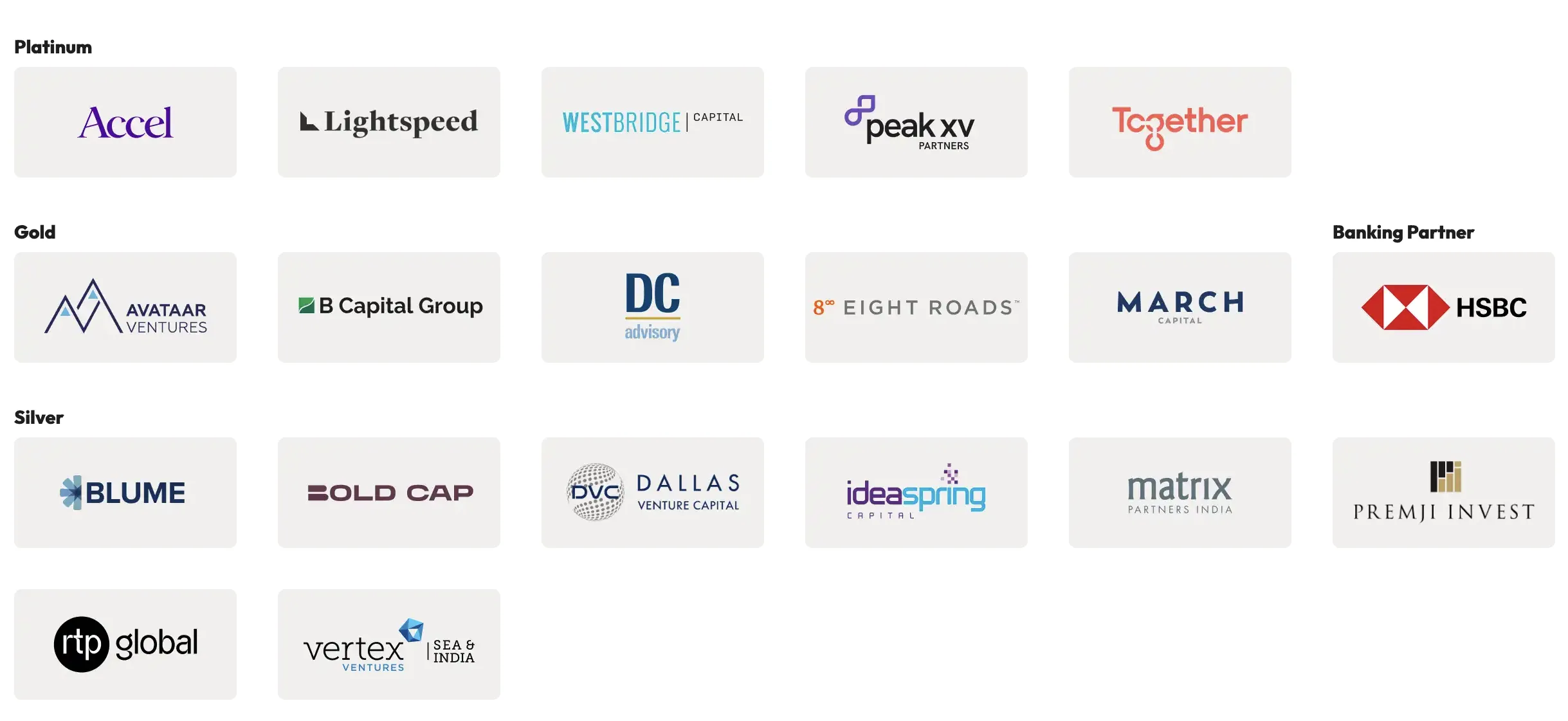
PS: I want to hear from you. Suggestions; tips; constructive criticism… please write to me!


